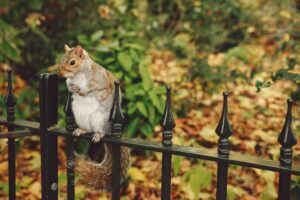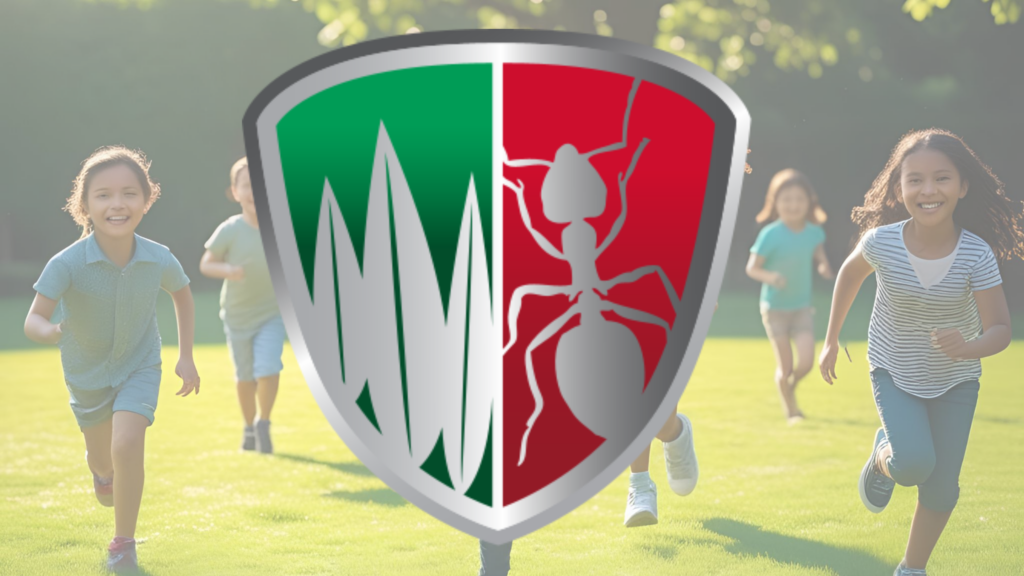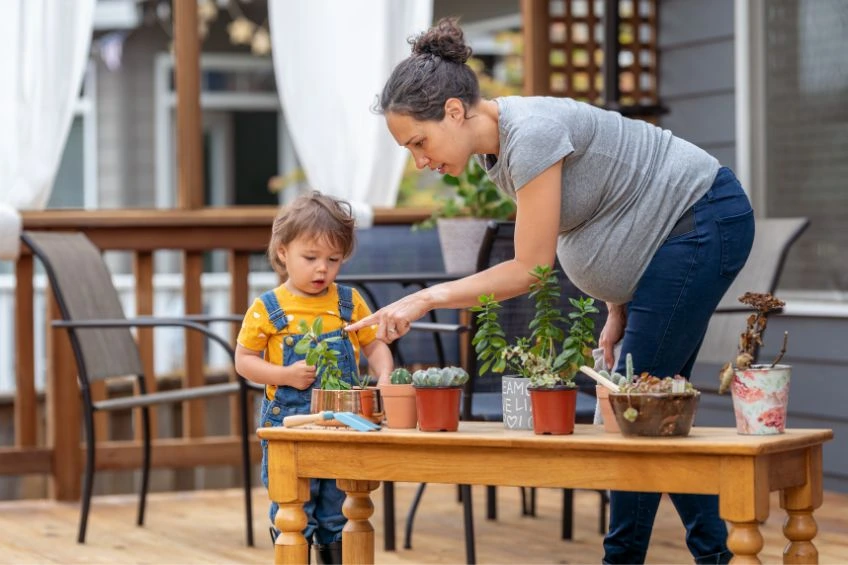
First, what is “wildlife exclusion?” This is a strategy in which you close off potential entry points into your Orlando home to prevent rats, squirrels, possums, raccoons, bats and more from getting inside. Said another way, exclusion is a wild life prevention strategy. Once animals get inside—seeking food, water, shelter, and a place to reproduce—they need to be removed rather than excluded.
It’s possible to need a combination of removal and exclusion services. When there are already critters inside the home, you’ll first need professional wildlife removal in Orlando, FL—and our trained technicians can help—and then you focus on fortifying your home to keep them out.
So, what are the benefits of wildlife exclusion? One way to look at it: consider the problems that wild animals can cause when they get into your house—and wild life prevention eliminates those concerns.
Problems with Wildlife
Challenges faced will vary by species. Looking first at the raccoon, they can seriously damage attics and roofs. On the roof, they tear up shingles and soffits, and can break attic vents. Inside the home, they gnaw through insulation to build nests and otherwise wreak havoc in the space.
Here’s a second problem with raccoons: they can carry and transmit dangerous diseases. They are, in fact, one of the most common carriers of rabies, a disease that they can spread through their scratches and bites. Infected animals also spread other viruses along with bacteria and parasites. This can happen directly—or indirectly through their waste. So, when trapping raccoons, you won’t know what diseases they’re carrying (although, with rabies, the animal may appear quite ill). Plus, when cornered, raccoons can get aggressive.
Squirrels, meanwhile, can chew on siding, insulation, cables, and wires with the last situation having the potential to start a fire. This animal can also carry unwanted diseases: ringworm, tularemia, typhus, the plague, and more. If trapping squirrels, the same caution applies as with raccoons. You don’t know what diseases they may be carrying. So, it makes sense to contact us and request the professional services of our trained squirrel trappers.
As a third example, when bats get into your home, they can carry and transmit rabies as well as histoplasmosis. The latter disease can be spread to people when they breathe in spores from the droppings and urine of infected bats. These feces and urine can leak through drywall, damage ceilings, and destroy insulation.
Bats can bring along additional pests: bat mites, bat bugs, and fleas. They aren’t the only wildlife species that can add to the pest problem in your home, either.
Wildlife Trapper in Orlando
If you need a wildlife trapper in Orlando, simply contact us online. We’ve created a special inbox for wildlife animal control requests because we know that, when you want them removed, you want it, ASAP. You can also contact us at (407) 675-5000.
Wildlife Exclusion in Orlando
You can now focus on wild life prevention to keep your family, pets, and home safe going forward. There’s no foolproof strategy, but there are plenty of tactics that can make a significant difference. Wild life prevention tips including the following:
- If you have a fence, make sure it’s in good repair without easy ways for wildlife to slip underneath into your yard.
- Keep your yard debris-free without piles of leaves or wood or overgrown weeds. After a storm, clean up any debris left behind.
- Place your garbage cans away from the home’s foundation. If you can place them outside any fencing, do so. Keep the cans tightly lidded.
- If having a picnic or otherwise cooking outside, clean up any leftovers. If you have pet bowls outside, make sure they’re empty after your pet eats.
- Walk around the outside of your home, looking for cracks and crevices, including but not limited to areas around incoming pipes and cables. Caulk or otherwise seal them up well. Animals can slip into holes that are quite small.
- Make sure there is good weather stripping around your windows and doors.
- Cover any exhaust fan or vent openings.
- Prune tree branches, bushes, and shrubs that are located near your home. These can serve as on-ramps for wildlife.
- Inspect your roof regularly. If you spot any damage, repair as soon as possible.
- Make sure your crawl spaces and attic are clean, dry, and well ventilated.
- Address cracks in your foundation.
These steps can be quite effective with your wildlife exclusion in Orlando.
Wildlife Exclusion or Wildlife Removal in Orlando, FL?
That may sound like an odd question, but it’s not out of the question that you have wildlife in your home—even when you don’t see any of them. You may, instead, see signs of them: gnawing marks in your home, scratching sounds (especially at night), shredded insulation, animal waste, and so forth.
If you have any reason for concern, just contact us. We’ll inspect your Orlando home at no charge; determine if there’s a situation that calls for wildlife pest control; and provide you with a no-charge, no-obligation estimate and personalized plan. Then, upon your approval, we’ll take care of your problem, STAT, whether that involves trapping squirrels, trapping raccoons, or handling the bat, possum, or rodent problem.
Turner for Your Wildlife Animal Control
Turner Pest Control has been helping families like yours for 50-plus years, providing fast and effective services delivered by our experienced, courteous team. It’s not surprising, then, that we’re one of the fastest-growing companies in Florida.
When you need wildlife pest control in Orlando, we invite you to contact us. Benefits of choosing Turner include our carefully vetted and well trained technicians, including stringent background checks; reliable appointment times, ones you can count on; courteous service; and more. We work hard to earn your business—and we believe it shows.
If you need a wildlife trapper in Orlando, don’t delay. The more time that the critters are in your home, the more time they have to cause problems. Please call (407) 675-5000.



